Higher Education and Research Act 2017 – the final text has now been published online and in a pdf version. The next step will be implementation of the many changes in the Act, which cannot move on substantially until after the election – and of course in the unlikely event of a Labour victory, implementation might look rather different, as well as their much publicised promises on fees and loans (see below) – although.
- The TEF is in place (being run by HEFCE until the OfS takes over). It will be reviewed later this summer after the year 2 results are announced on 14th June. We are also looking forward to announcements on subject level TEF. There have been hints that there will be a structure for this that works alongside REF UoAs.
- Research structures – It was announced that David Sweeney (currently Director of Research, Education and Knowledge Exchange at HEFCE) will be the Executive Chair of Research England in April 2018 when UKRI is established.
- As a reminder, the new research structure (from the White Paper) is set out below. Research England will: “oversee the England-only functions in relation to research and knowledge exchange, including:
- providing grant funding to English universities for research and knowledge exchange activities,
- developing and implementing the Research Excellence Framework in partnership with the UK Higher Education (HE) funding bodies,
- oversight of sustainability of the HE research base in England and
- overseeing the £900 million UK Research Partnership Investment Fund”.

- This appointment follows two more:
- Implementation of the OfS – one appointment was made earlier this year, Sir Michael Barber – Chair of the Office for Students (Education committee scrutiny here). The Chief Executive of the OfS has not been announced yet. There is a vacancy open until 14th June 2017 for the Director of Fair Access and Participation, OfS. There will be a consultation on the OfS regulatory framework later in 2017 and the new bodies will be established in Spring 2018 (source: HEFCE, Feb 2017).
- Regulatory structure and alternative providers – HEFCE have already published the first iteration of the new register of providers – part of the White Paper changes. It includes alternative providers.
General Election – GE2017
Have you registered to vote – and do you know where you will be on 8th June? There is a renewed push for voter registration –especially as many students may not be at their usual address for this election. It is easy to register (with your National Insurance number), check or register for a postal vote if you will not be at home or wherever you usually vote.
Labour’s leaked manifesto includes a pledge to abolish tuition fees, as well as reintroduce maintenance grants (as noted last week). This has been covered widely as part of a wider story about affordability of the manifesto commitments. Apart from cost, concerns have been raised that this policy, although it might increase participation amongst lower income families, would in the end mainly help high and middle-income families and those students who go on to earn higher wages (and repay their loans).
- Wonkhe have an article on the costs of this by Dr Gavan Conlon of London Economics
- HEPI blog here that highlights the risks of the Labour policy
- Here is a BBC story and a link to their Reality Check
- Guardian coverage here
- With this week’s focus on fees, a blog on Wonkhe by the President of the SU of the University of Central Lancashire emphasises the non-financial benefits of a university education
ITV News have the whole draft manifesto as leaked – there is a lot about schools and further and adult education but the fees and grants pledge is the only reference to HE.
- There is a paragraph about Industrial strategy too – but it doesn’t say much that is specific apart from a change to business rates for plant and machinery, superfast broadband, Wi-Fi and mobile coverage and appointing a Digital Ambassador.
- In the Brexit section it talks about rights for EU nationals in the UK, seeking to stay in Horizon 2020, Euratom, Erasmus etc.
For more general coverage on the election, the BBC have a “pledge tracker”.
HEPI published a speech by Nick Hillman at an event this week which mentions outward mobility (see next item) and makes a number of calls for change:
- better information for students on where their fees go;
- renewed support for university-based teacher training to tackle the recruitment crisis in our schools;
- a tougher regime for recouping student loans from those abroad;
- better support for students’ mental health, which is less good than among the population as a whole and young people in general; and
- a focus on the underachievement of young men, who are less likely to enter higher education, more likely to drop out and less likely to get a First or 2:i.
Sarah was at the event and noted that Jo Johnson repeated that there is no cap on international student numbers, referred to an ongoing focus on social mobility if the Conservatives win the election. The speech has not been published yet. Meanwhile it seems that the conservative Manifesto will include a repeat of the target for immigration in the 10s of 1000s (see the FT for some of the coverage). There is an interesting article from the Institute for Government on how this might have to work in practice – it does seem likely that there will need to be a work permit or visa arrangement for all, including (new) EU citizens if this is to be achieved. And there will be lots of lobbying from all the sectors who want their needs to be prioritised. Bloomberg have a story about a “brickie visa” reporting comments from Migration Watch UK.
The Herald Scotland report Tim Farron pledging the return of post study work visas if the Lib Dems are elected.
Student Mobility – UUK published their UK Strategy for Outward Student Mobility for 2017-2020. This calls for more students to have an international experience and sets out a number of strategic objectives:
- Promote the benefits of study and work abroad
- Monitor trends in student mobility
- Build capacity in UK higher education to facilitate outward mobility
- Share best practice in UK higher education
- Provide a collective voice for UK higher education
- Influence government for UK higher education
Most of these are about communication, information and lobbying. The third, on building capacity, is the most hard-edged, and the strategy proposes that UUK will work with the sector and others to do a range of things, including:
- Secure major investment to support outward mobility, including mobility grants.
- Secure new mobility opportunities for the UK sector, either directly or through strategic partnerships.
- Work with the Quality Assurance Agency (QAA) and university representative bodies including the Association for UK Higher Education European Officers (HEURO) and British Universities Transatlantic Exchange Association (BUTEX) to provide guidance on interpreting and applying quality assurance frameworks related to student placements overseas.
Brexit – Peter Mason, policy manager for UUKi, has written a blog for Wonkhe on the Swiss experiences with EU research and mobility programmes following their own referendum. The Swiss example – they were suspended from H2020 and Erasmus following their own vote on freedom of movement – was widely cited in the referendum campaigns as a warning that leaving the EU would mean the UK would not be able to stay in those programmes. The Swiss are still not in Erasmus, and they are back into H2020 following a compromise on freedom of movement. The most interesting lesson is that the Swiss tried to replace H202 with their own scheme “it lacked prestige and was not seen as a sustainable long-term substitute. Moreover, the damaging impact of the uncertainty created through the process was clear, with a significant drop-off in the number of Swiss participations in Horizon 2020 compared to the previous framework programme, particularly in collaborative projects.”
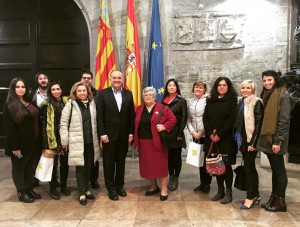
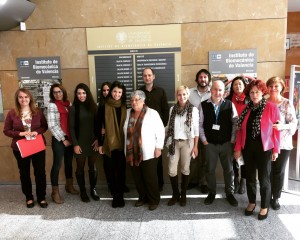
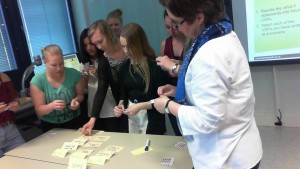
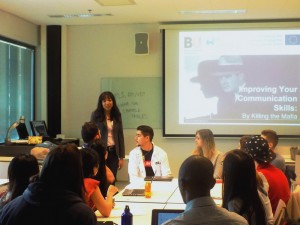




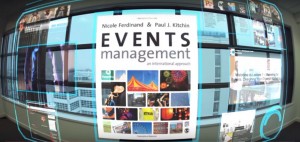

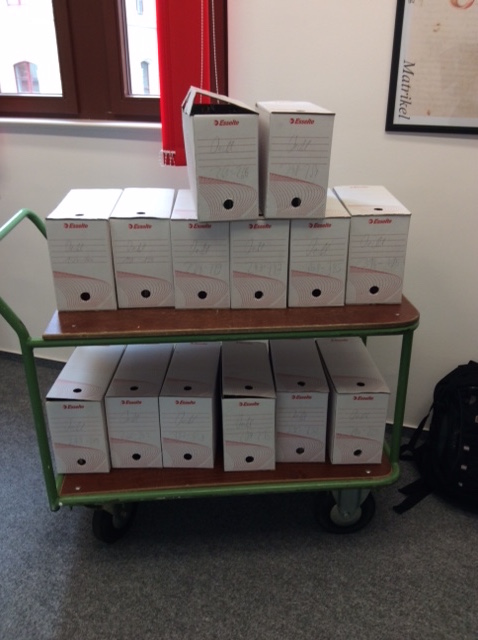
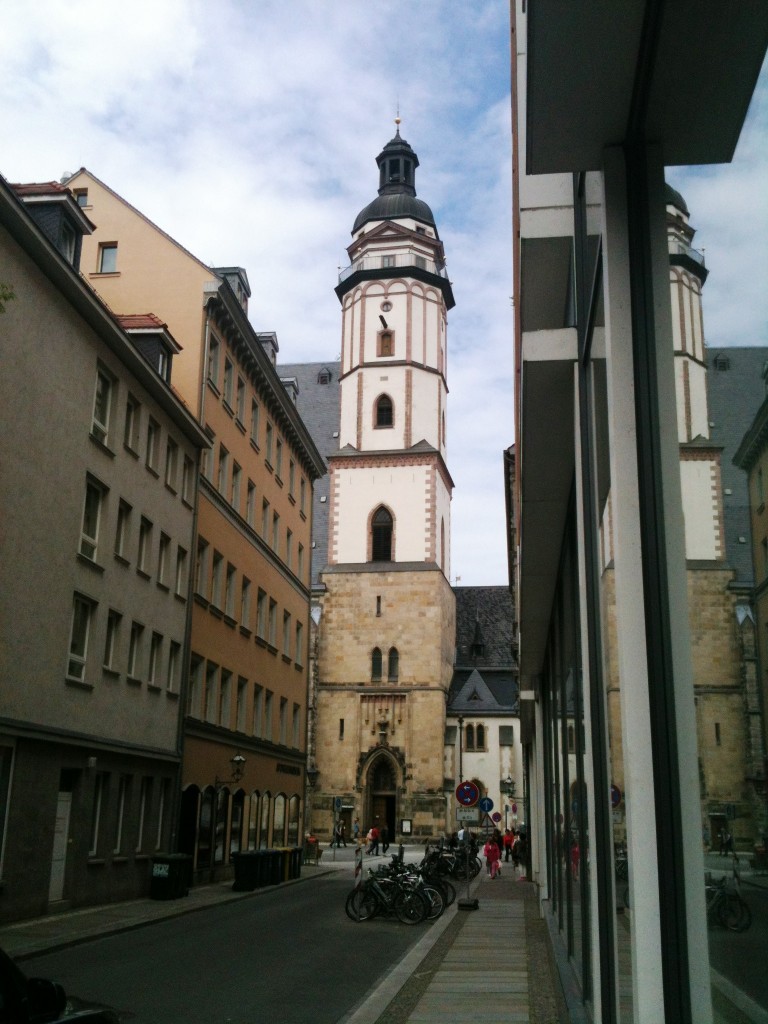
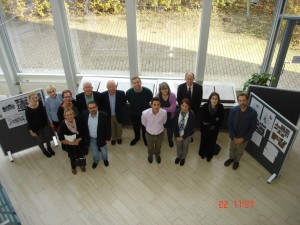
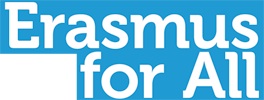
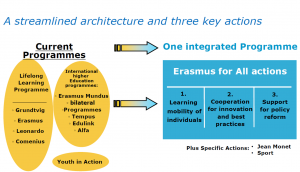











 Conversation article: London Marathon – how visually impaired people run
Conversation article: London Marathon – how visually impaired people run Horizon Europe News – December 2023
Horizon Europe News – December 2023